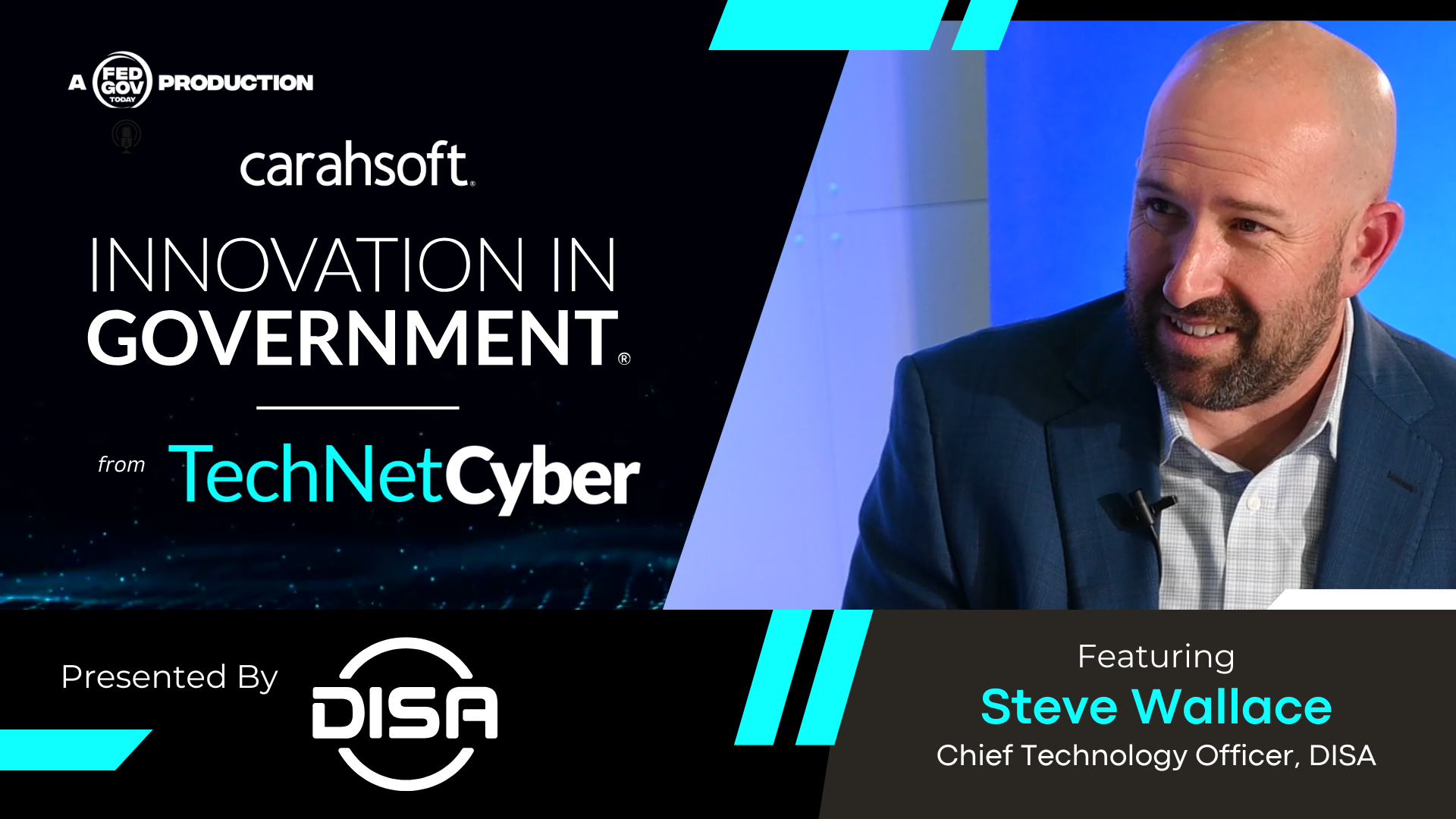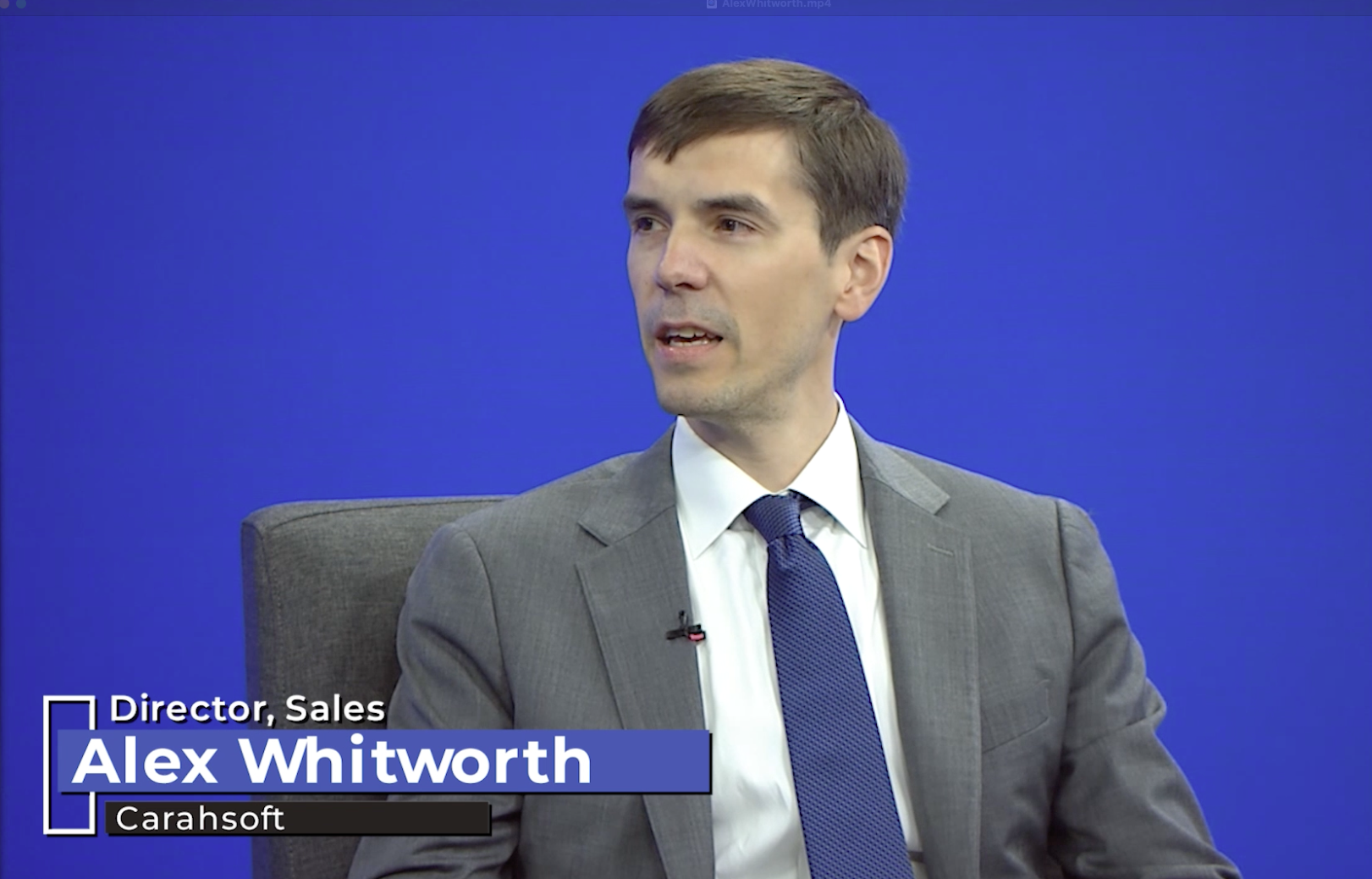Original broadcast 6/4/25
Presented by TYCHON and Carahsoft
Aaron Faulkner, Co-Founder of TYCHON, brings a sense of urgency to the federal government’s preparedness for the quantum age. While quantum computing promises incredible breakthroughs in fields like medicine and materials science, it simultaneously poses one of the most significant threats to cybersecurity in decades. Faulkner explains that once quantum computers become commercially viable, they will be capable of breaking classical encryption algorithms such as RSA-256, which underpin most of today’s secure digital infrastructure.
 This looming threat is why Faulkner believes post-quantum cryptography must be treated not as a future concern but as a current and urgent priority. He points to mandates like the Quantum Computing Cybersecurity Preparedness Act and recent guidance from NIST that call on federal agencies to begin assessing and replacing their vulnerable encryption systems now. Faulkner and his team at TYCHON are helping agencies comply by building tools that rapidly identify cryptographic assets and assess their risk profiles.
This looming threat is why Faulkner believes post-quantum cryptography must be treated not as a future concern but as a current and urgent priority. He points to mandates like the Quantum Computing Cybersecurity Preparedness Act and recent guidance from NIST that call on federal agencies to begin assessing and replacing their vulnerable encryption systems now. Faulkner and his team at TYCHON are helping agencies comply by building tools that rapidly identify cryptographic assets and assess their risk profiles.
The first step, Faulkner notes, is establishing a comprehensive cryptographic inventory. Agencies often lack visibility into which systems are using outdated encryption or where those systems reside. Without this foundational insight, it’s impossible to prioritize updates or begin migrating to quantum-resistant algorithms. TYCHON’s solutions help automate this discovery process, providing agencies with actionable data they can use to start remediating vulnerabilities.
Once identified, these vulnerabilities must be triaged based on mission criticality. Faulkner likens this process to traditional vulnerability management: identify the issue, assign a severity level, and act accordingly. But in this case, the vulnerabilities aren’t software bugs—they’re outdated algorithms. Updating them means replacing the cryptographic backbone of everything from file storage to communications and identity services.
Faulkner highlights the positive momentum around this effort. NIST has already released several post-quantum cryptographic algorithms, and major technology vendors are beginning to integrate them into their offerings. However, he warns that legacy systems and custom applications will be the hardest to upgrade, particularly in the federal government, where mission systems often run for decades.
He also underscores the importance of collaboration. TYCHON is actively participating in initiatives like the NIST National Cybersecurity Center of Excellence, where government and industry partners are developing standards and reference architectures for post-quantum migration. These frameworks will help agencies avoid duplicating effort and ensure interoperability as they implement changes.
For Faulkner, the message is clear: the quantum threat is real, it’s coming faster than many expect, and the time to act is now. Agencies that begin their transition today will be far better prepared to maintain security and mission continuity in a post-quantum world.
Key Takeaways:
-
Quantum computing will soon render traditional encryption methods obsolete.
-
Agencies must inventory and assess their cryptographic assets to prepare.
-
Migration to post-quantum algorithms should begin now, with strong industry collaboration.
This interview was recorded on location at TechNet Cyber 2025 and included as part of the TV show Innovation in Government from TechNet Cyber.



